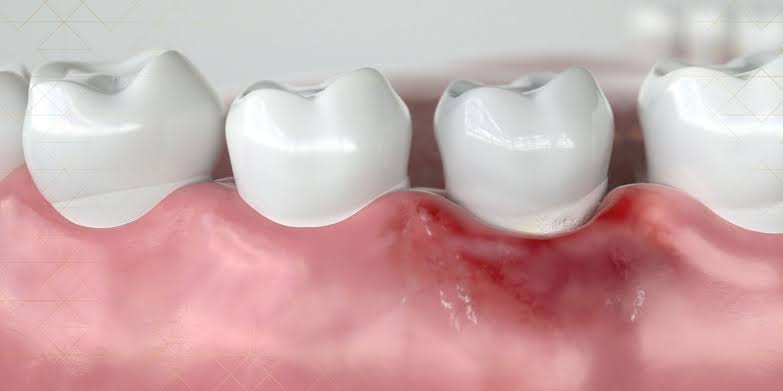Treatment of Peri-implantitis
About peri-implantitis
Infection around the implants might involve the gums around them or result in bone loss. Depending on the severity of the case the treatment of this condition might involve reinforcing oral hygiene instructions, non-surgical treatment (scaling) and surgical therapy.
Peri-implantitis is a site-specific infectious disease that causes an inflammatory process in soft tissues, and bone loss around an osseointegrated implant in function. The etiology of the implant infection is conditioned by the status of the tissue surrounding the implant, implant design, degree of roughness, external morphology, and excessive mechanical load. The microorganisms most commonly associated with implant failure are spirochetes and mobile forms of Gram-negative anaerobes, unless the origin is the result of simple mechanical overload. Diagnosis is based on changes of color in the gingiva, bleeding and probing depth of peri-implant pockets, suppuration, X-ray, and gradual loss of bone height around the tooth. Treatment will differ depending upon whether it is a case of peri-implant mucositis or peri-implantitis. The management of implant infection should be focused on the control of infection, the detoxification of the implant surface, and regeneration of the alveolar bone. This review article deals with the various treatment options in the management of peri-implantitis. The article also gives a brief description of the etiopathogenesis, clinical features, and diagnosis of peri-implantitis.

Bacterial infections play the most important role in the failure of dental implants. Bacterial flora, which are associated with periodontitis and peri-implantitis, are found to be similar.[8] The microorganisms most commonly related to the failure of an implant are the Gram-negative anaerobes, like Prevotella intermedia, Porphyromonas gingivalis, Aggregatibacter actinomycetemcomitans, Bacterioides forsythus, Treponema denticola, Prevotella nigrescens, Peptostreptococcus micros, and Fusobacterium nucleatum.[8,9] Healthy peri-implant tissue plays an important role as a biological barrier to some of the agents that cause peri-implant disease, and if that is destroyed, bacterial contamination spreads directly to the bone, leading to its rapid destruction. Excessive mechanical stress, poor design of the implant, and the corrosion that can occur when a non-noble metal structure is connected to a titanium implant are important factors in the onset and development of peri-implantitis. Other etiological factors include diabetes mellitus, osteoporosis, smoking, long-term treatment with corticoids, radiation, and chemotherapy.